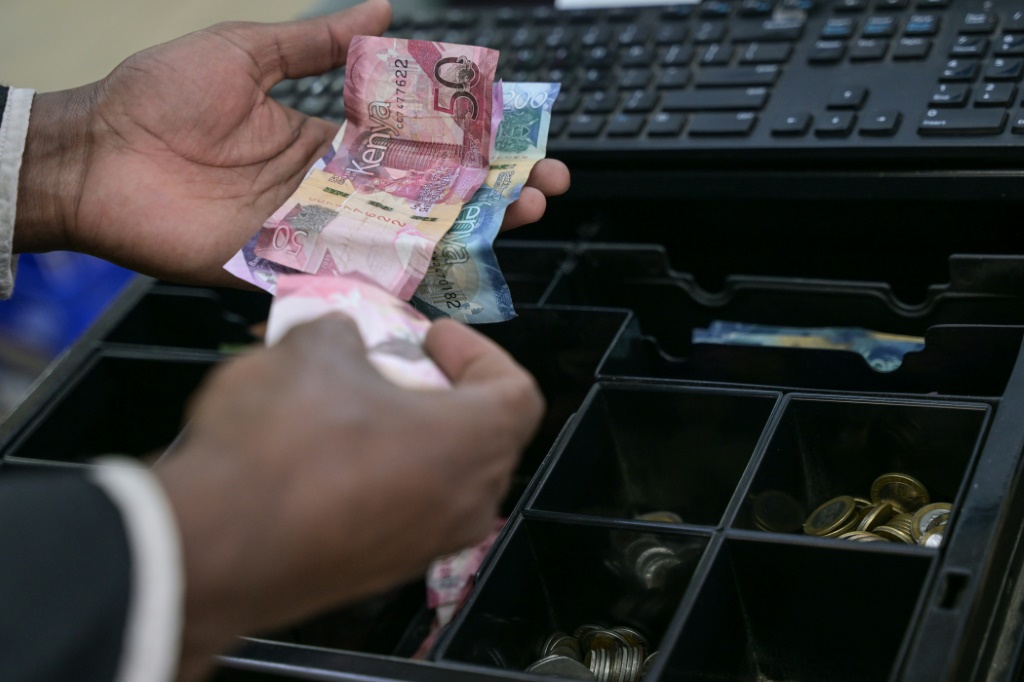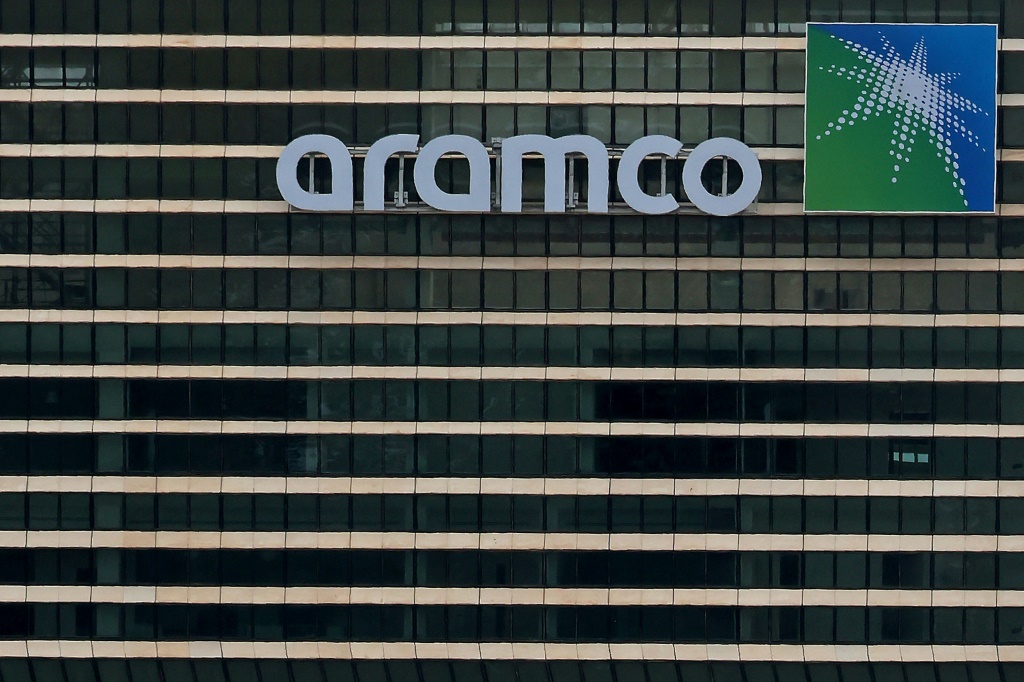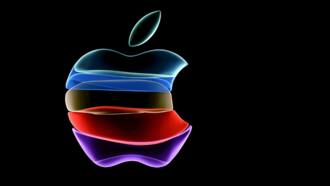The top 20 richest countries in Africa in 2024 ranked by their GDP
Africa is a prosperous continent in landmass, natural resources and human resources. With statistics of 54 known countries and a population of over 1.2 billion, it is regarded as the second-largest continent in the world. After thoroughly checking each country's Gross Domestic Production (GDP), a list of 20 of the richest countries in Africa was deduced. Nigeria, South Africa, and Egypt are topping the list with a high GDP, while sub-Saharan nations in Africa, such as Senegal and Zambia, are at the base of the list.
A country's GDP is determined by several factors that range from export and import changes, manufacturing and mining, administration, disposable personal income, family living wage and employment rate, among others. The GDP ranking exclusively determines the richest to poorest countries in Africa.
Which country is the richest in Africa?
The list below shows Africa's top 20 wealthiest countries and their GDP in billions according to the World Bank report of 2021.
| Rank | Country | Gross domestic product (GDP) |
| 1 | Nigeria | $440.8 billion |
| 2 | South Africa | $419.02 billion |
| 3 | Egypt | $404.14 billion |
| 4 | Algeria | $163.04 billion |
| 5 | Morocco | $142.87 billion |
| 6 | Ethiopia | $111.27 billion |
| 7 | Kenya | $110.35 billion |
| 8 | Ghana | $77.59 billion |
| 9 | Ivory Coast | $70.04 billion |
| 10 | Tanzania | $67.84 billion |
| 11 | Angola | $67.4 billion |
| 12 | DRC | $55.35 billion |
| 13 | Tunisia | $46.69 billion |
| 14 | Cameroon | $45.34 billion |
| 15 | Libya | $42.82 billion |
| 16 | Uganda | $40.53 billion |
| 17 | Sudan | $34.33 billion |
| 18 | Zimbabwe | $28.37 billion |
| 19 | Senegal | $27.63 billion |
| 20 | Zambia | $22.15 billion |
1. Nigeria - GDP $440.8 billion
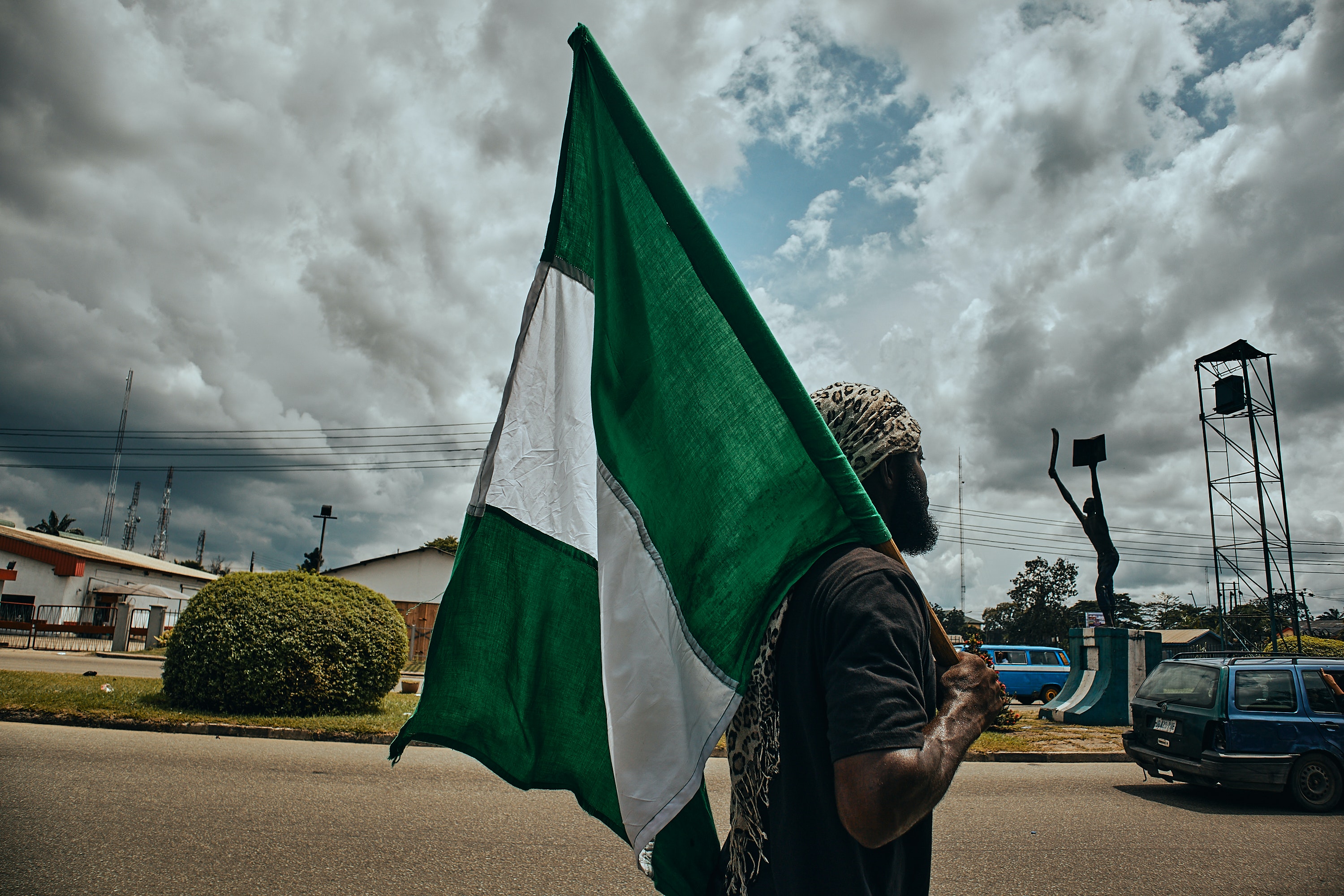
Source: UGC
Which country in Africa has the strongest economy? Nigeria is the most prosperous nation in Africa, with a nominal GDP of $440.8 billion, owing to its people potential, plenty of natural resources, and a GDP in purchasing power parity of $1.15 trillion, the second highest on the continent.
Nigeria is a country that is rich in oil. It also has an abundance of both natural and human resources. It is one of the largest crude oil exporting nations in the world. It is also a country that exports cocoa, timber, cola, rubber and other agricultural produce to other nations.

Read also
What is the most expensive mattress? The top 15 most expensive mattresses in the world ranked
2. South Africa - GDP $419.02 billion
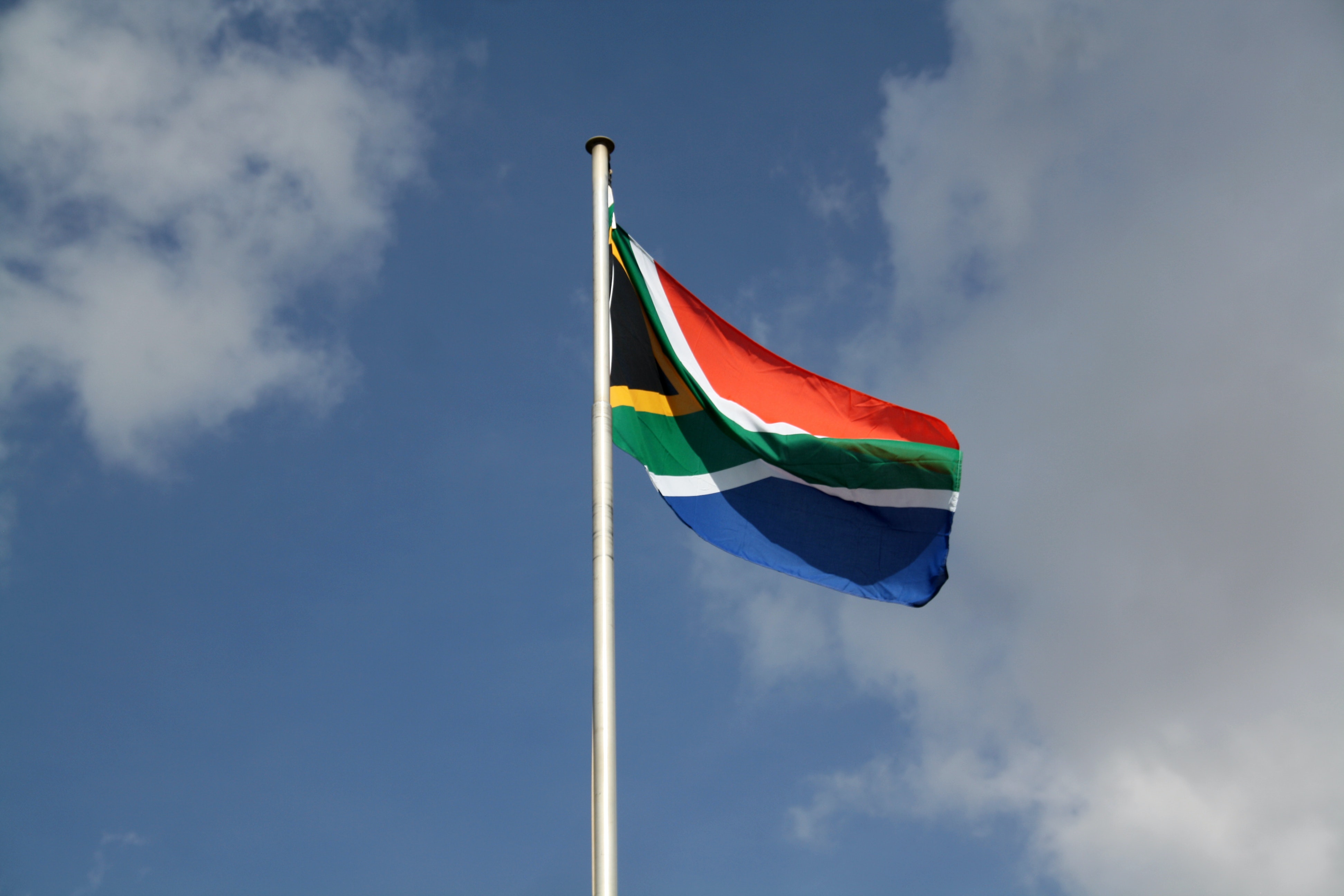
Source: UGC
South Africa is the continent's most developed and technologically advanced country, with a GDP of $419.02 billion and a purchasing power parity of $868.58 billion. It has a two-speed economy, one industry on par with developed countries and another in desperate need of basic infrastructure.
South Africa is one of the richest countries in Africa in terms of natural resources. It is also the wealthiest nation in Southern Africa, accounting for 25% of the continent's GDP and playing an essential part in the region's progress.
3. Egypt - GDP $404.14 billion
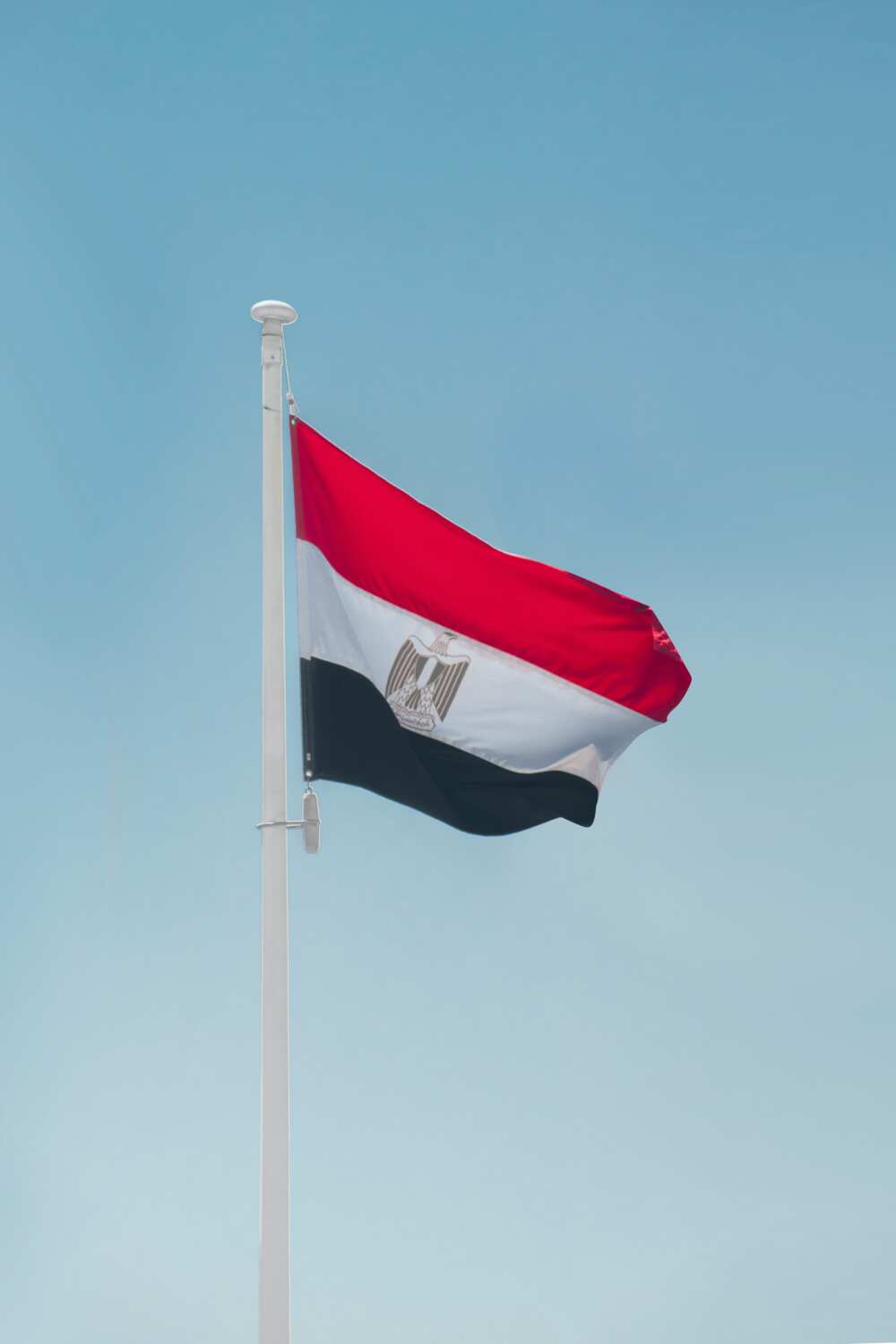
Source: UGC
Egypt, which occupies northeast Africa and is separated by the beautiful Nile River Valley, is the African continent's dominant economic force regarding GDP PPP and the third wealthiest nation. It has a GDP of $404.14 billion and a purchasing power parity of $1.39 trillion, the highest in the continent.
Egypt's transformation and economic openness programme, implemented between 2006 and 2008 to draw foreign investment and drive advancement, enabled the country to achieve record-high yearly growth rates of 7%, propelling it into the ranks of Africa's wealthiest nations.
4. Algeria - GDP $163.04 billion
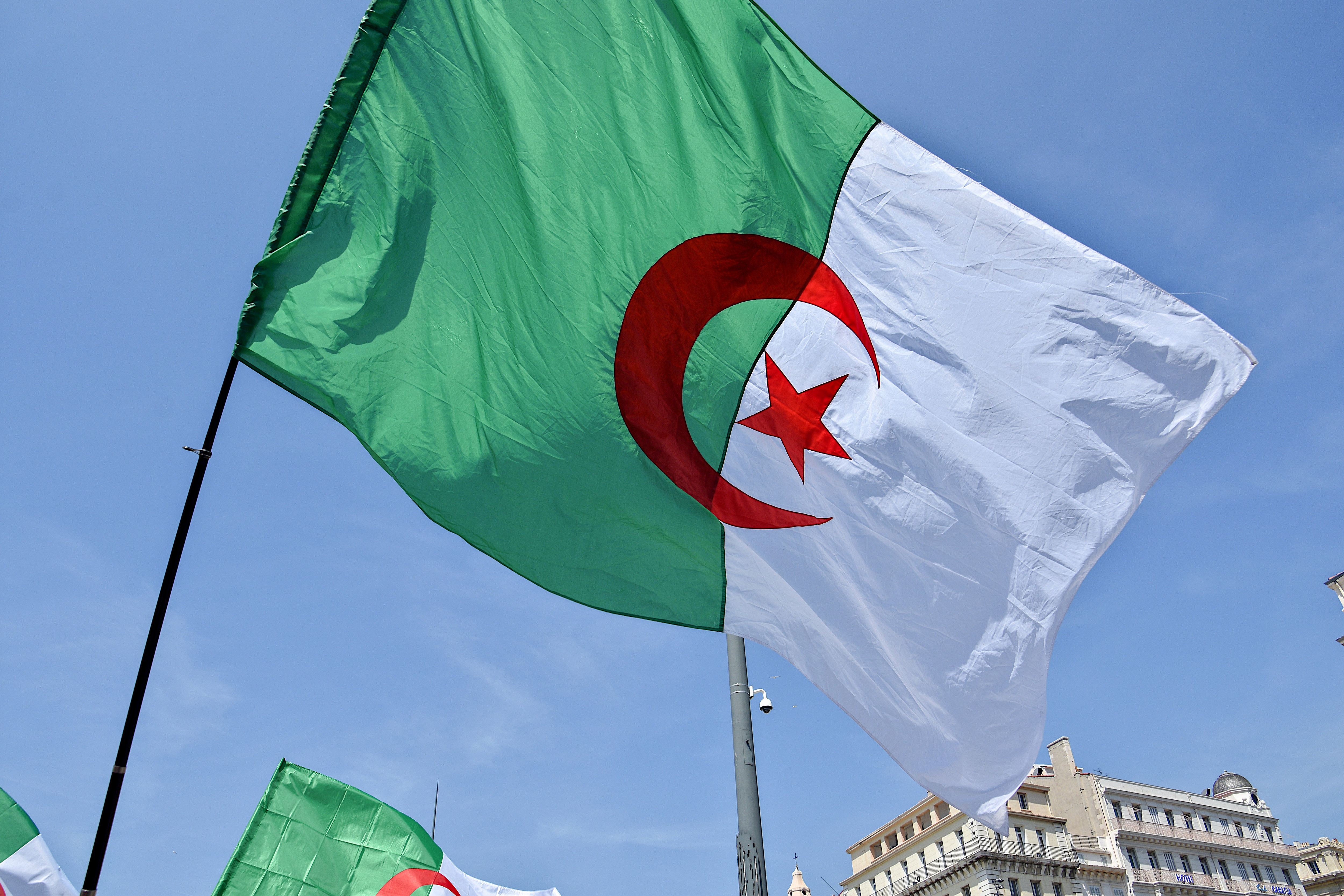
Source: Getty Images
Algeria is one of Africa's principal oil and gas producers, the continent's fourth biggest economy in terms of GDP PPP, and the continent's fourth most prosperous country. It has a purchasing power parity of $535.8 billion and a GDP of $163.04 billion.
Algeria has created a dense industrial sector through considerable economic endeavours since winning independence in 1962. Despite tremendous achievements in roads, tramways, schools, clinics, housing, industries, metros, and so on, the Algerian economy has passed through an array of turbulent eras.
5. Morocco - GDP $142.9 billion
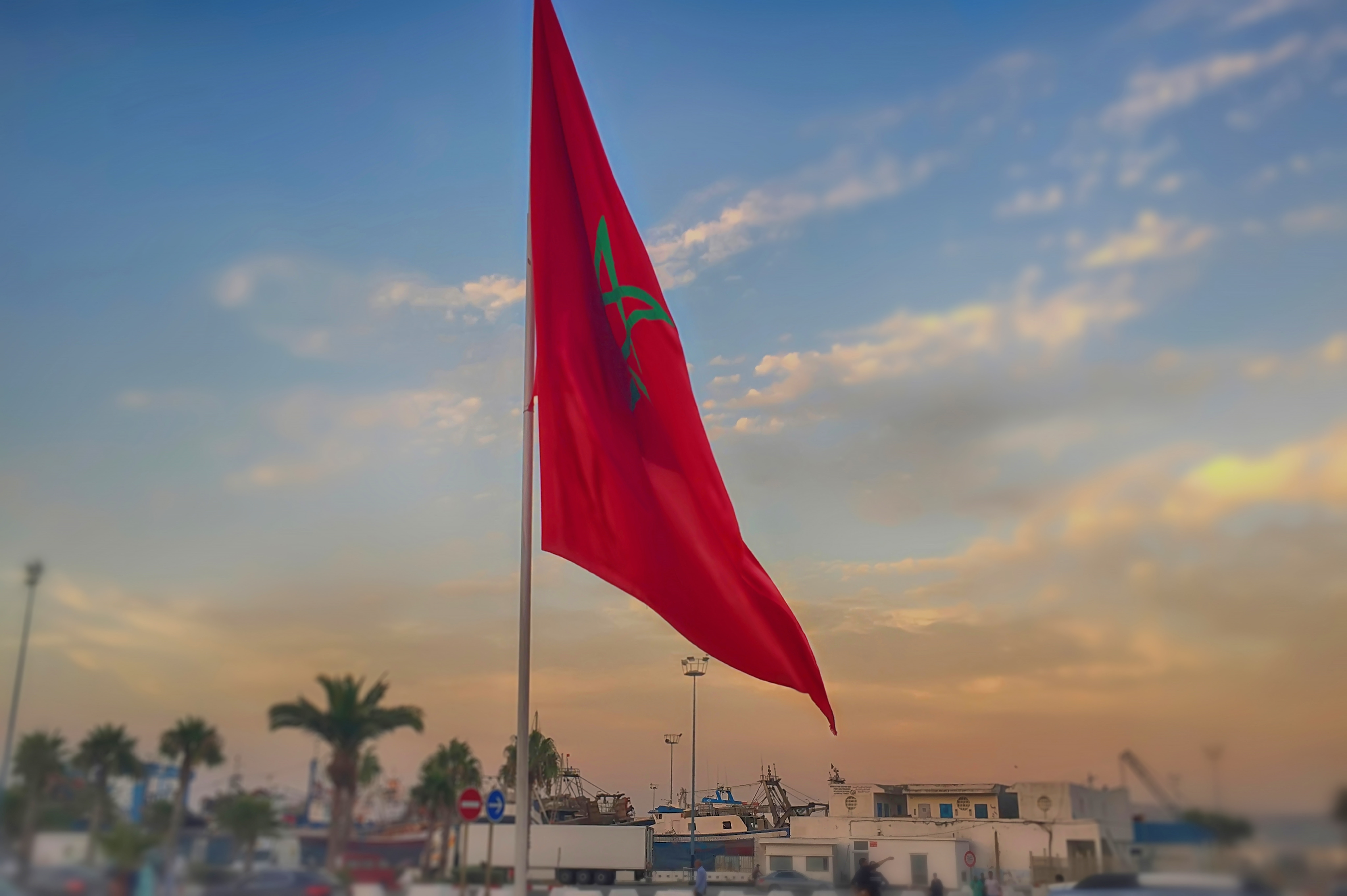
Source: UGC
Morocco's market economy has grown at a 4% yearly pace over the last decade, with an estimated gross domestic product of $142.87 billion, making it Africa's fifth most prosperous country. Its GDP PPP is $333.24 billion.

Read also
Tottenham Beats Chelsea as Richest Club in London: List of Top 10 Richest Clubs in the World, 2024
The country's three principal export industries are automobiles, agriculture and agri-food, and phosphates, for which Morocco has the world's most significant resources. A natural environment and rich culture have also brought in wealth through tourism for the country.
6. Ethiopia - GDP $111.27 billion
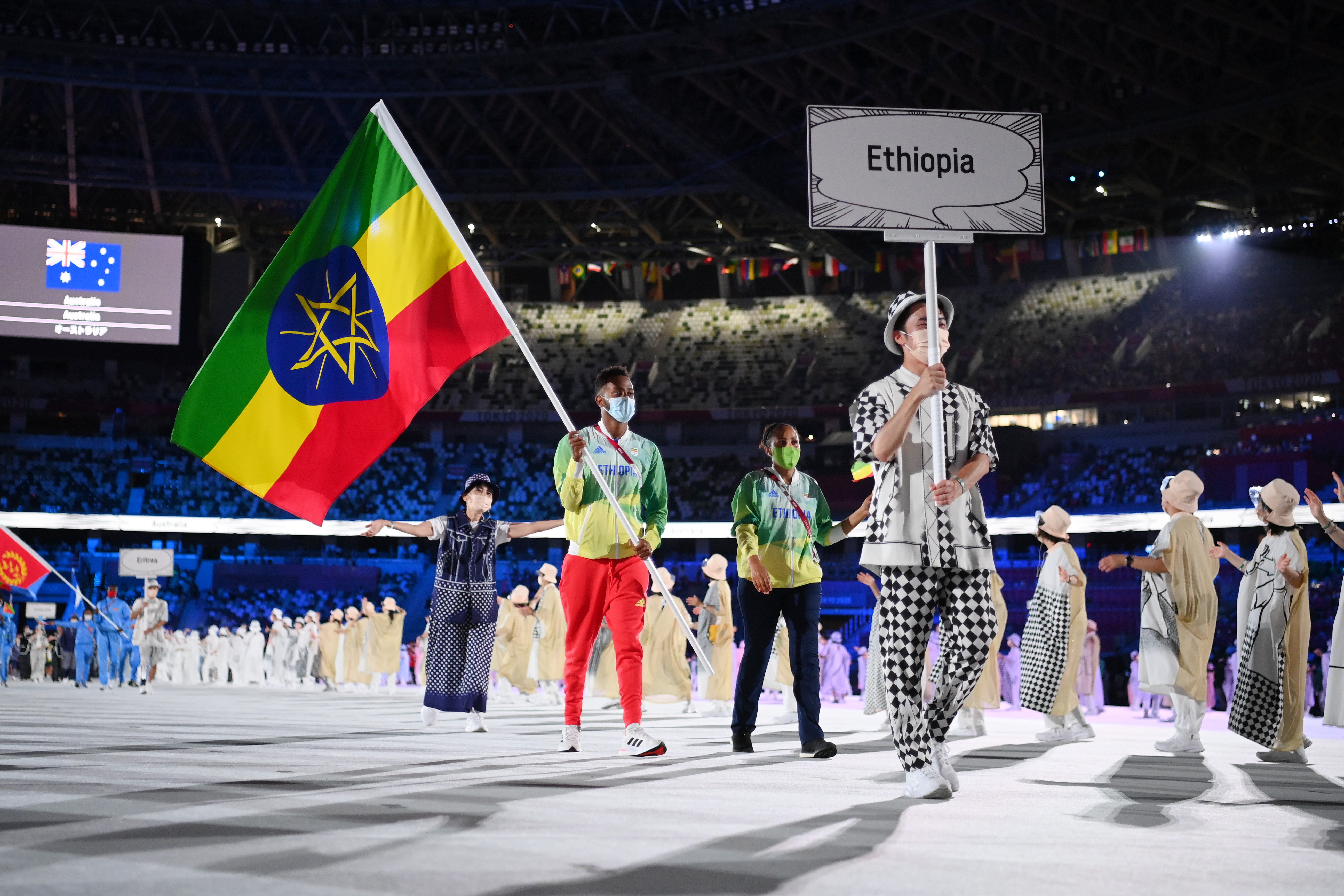
Source: Getty Images
Ethiopia is the sixth most prosperous country in Africa, with one of the fastest GDP growth rates in the world, at more than 10% each year. Its exceptional GDP growth has enabled a sizable proportion of the population to escape extreme poverty, declining from 55.5% in 1999 to 26.7% in 2016.
It has a GDP of $111.27 billion and purchasing power parity GDP of $306.45 billion. Food shortages, droughts, and political strife have affected Ethiopia's agricultural economy, but the nation is quickly transitioning to an industrial and exporting economy.
7. Kenya - GDP $110.35 billion
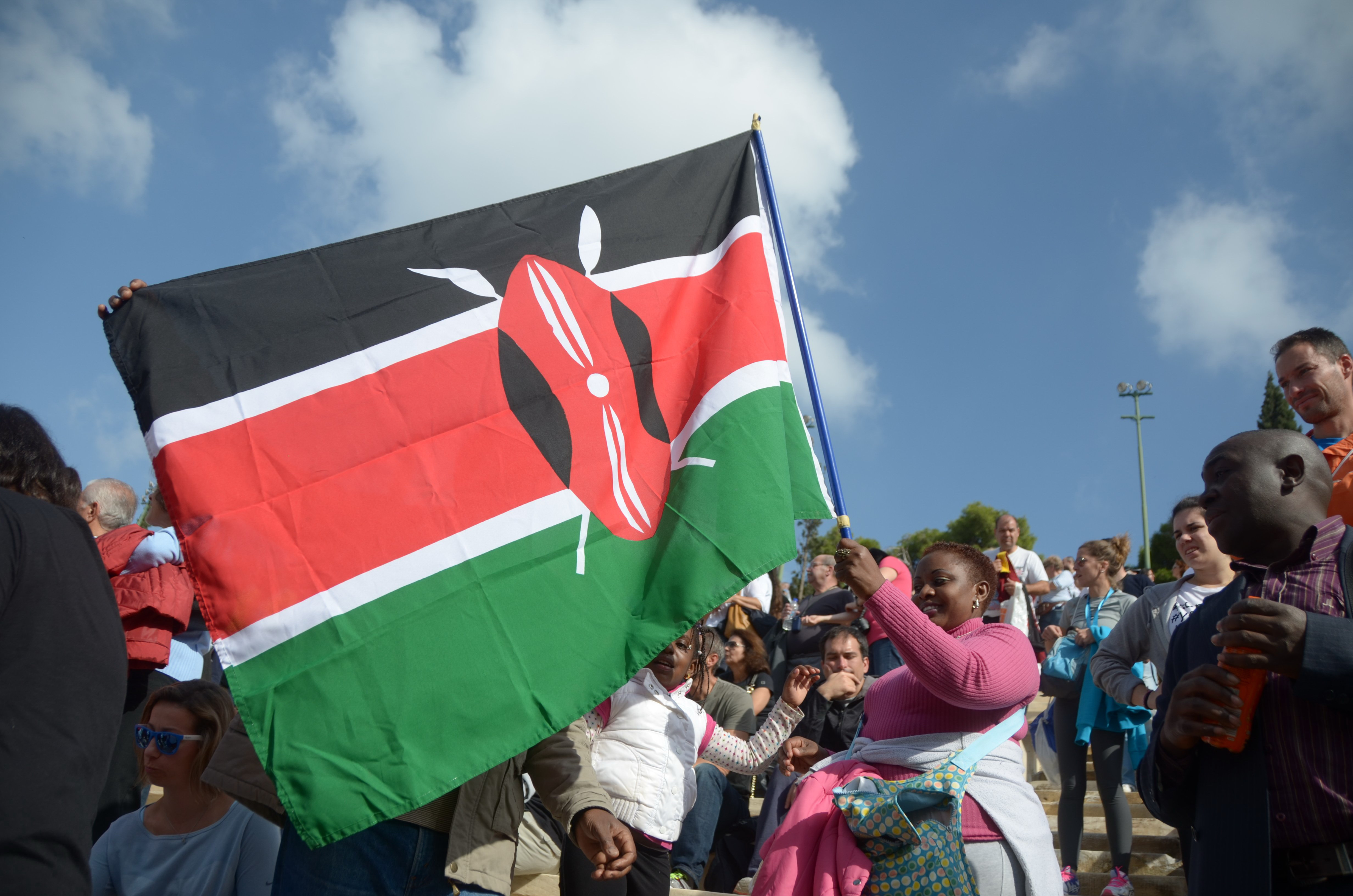
Source: Getty Images
Is Kenya one of the richest countries in Africa? According to the World Bank, Kenya is the only lower-middle-income state in East Africa and Africa's seventh most affluent nation. The government maintains an open international economic exchange system and a market-based system with a few state-owned enterprises.
It has a GDP of $110.35 billion and a purchasing power parity of $276.22 billion. The key economic sectors are forestry, agriculture, manufacturing, mining, tourism, energy, and financial services. Kenya, the wealthiest country in East Africa, has the third-largest economy in Sub-Saharan Africa, trailing only Nigeria and South Africa.
8. Ghana - GDP $77.59 billion
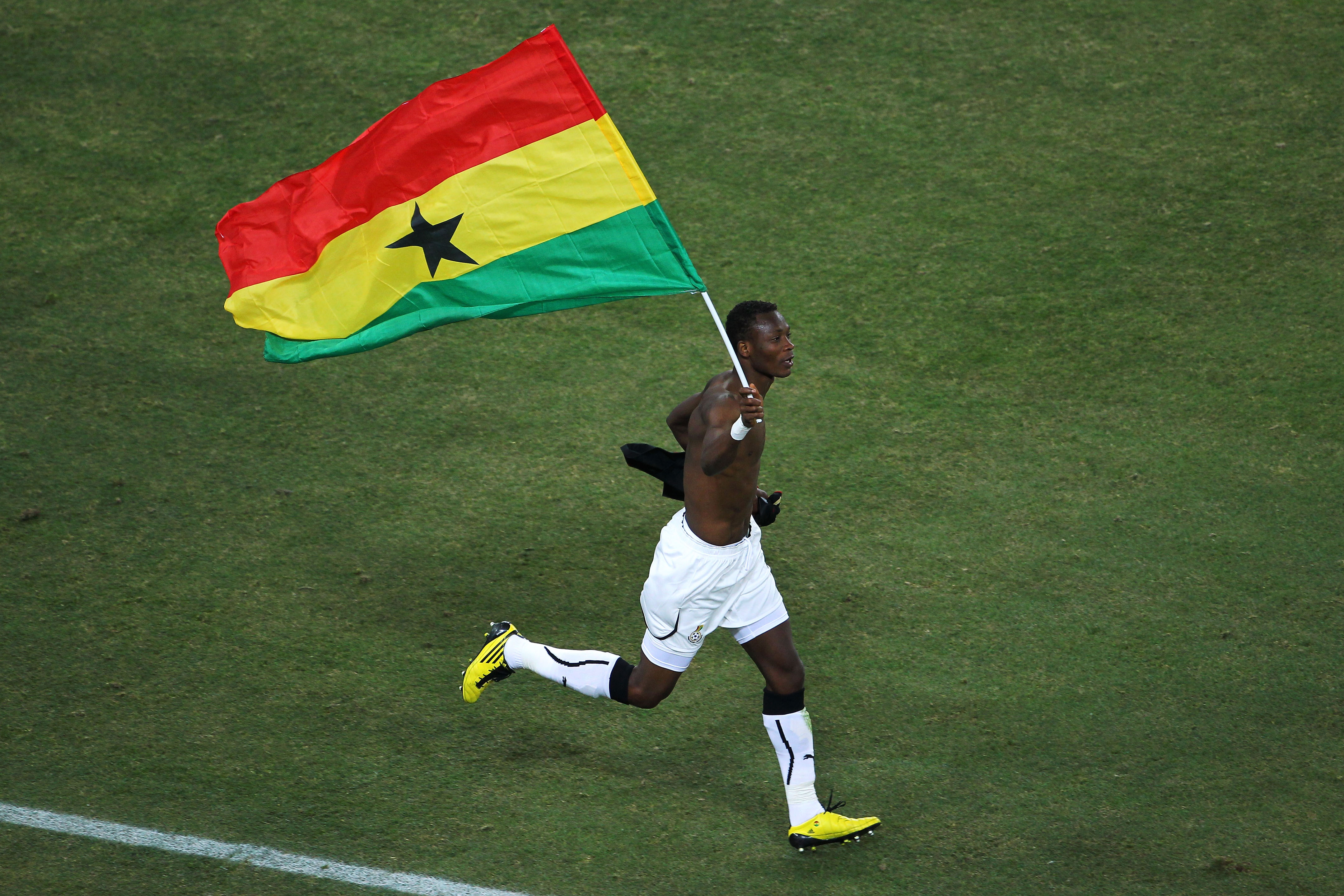
Source: Getty Images
Ghana, Africa's eighth-richest country, is a significant petroleum and natural gas generator with the sixth-largest crude oil stores in Africa and the twenty-fifth-largest globally. Ghana contains fish, poultry, and meat, but agriculture, notably cocoa and gold, account for over half of the country's GDP. The country's GDP is $77.59 billion, while its purchasing power parity is $196.05 billion.
Cocoa and its by-products, which account for around two-thirds of total exports, are farmers' principal sources of income. Ghana also manufactures timber, palm oil, coconuts, and other palm products, and shea is utilised to extract consumable fat and coffee.
9. Cote d'Ivoire (Ivory Coast) - GDP $70.04 billion
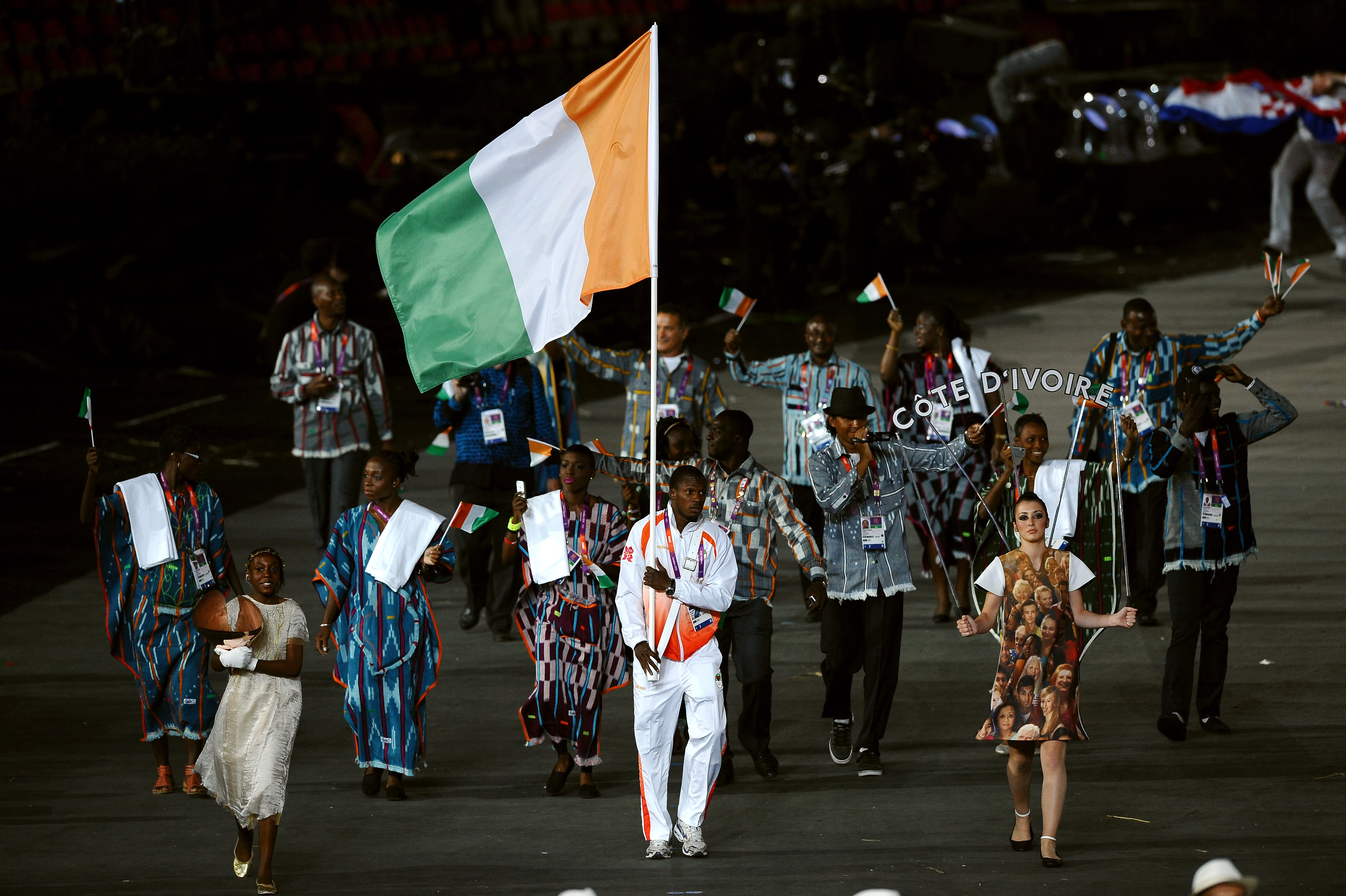
Source: Getty Images
After political upheaval in previous decades, Ivory Coast's economy has become steady and developing. The country's economy is primarily market-based and heavily reliant on agriculture. The agricultural activity employs over 70% of the Ivorian population. The state has a $70.04 billion GDP and a $160.75 billion purchasing power parity.
Following several years of underperformance, the Ivorian economy started recovering in 1994, owing to the depreciation of the CFA franc and higher cocoa and coffee prices, the development of major non-traditional exports like pineapples and rubber, restricted trade and banking liberalisation, offshore oil and gas discoveries, and affordable external financing and restructuring of debt by international financial institutions and France.
10. Tanzania - GDP $67.84 billion
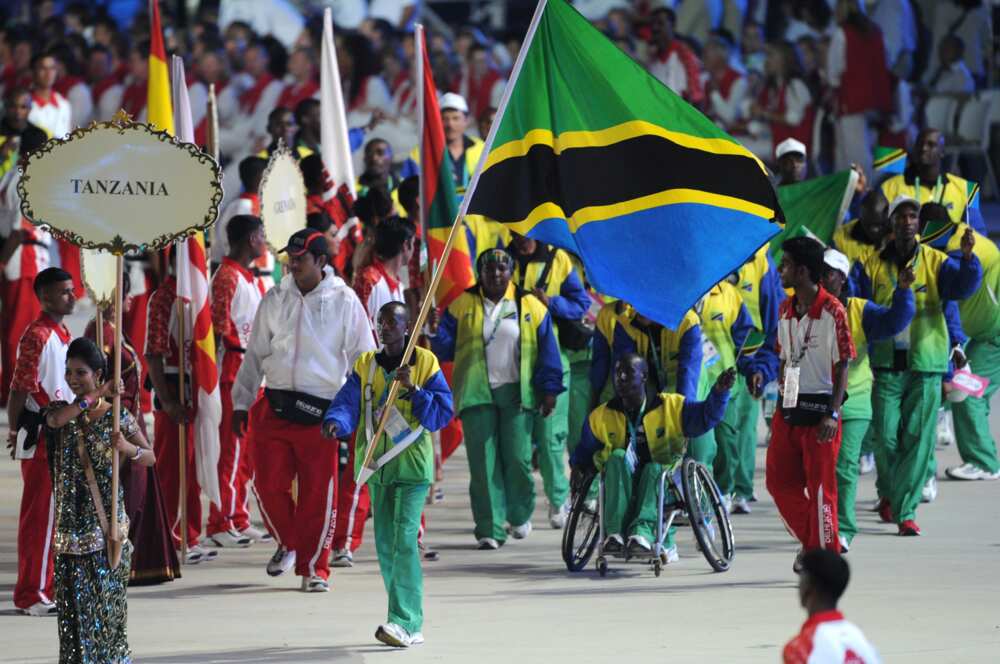
Source: Getty Images
What are the 10th richest countries in Africa? Tanzania is Africa's tenth most prosperous country, relying primarily on agricultural processing and select consumer commodities. Agriculture accounts for one-quarter of the country's GDP, employs around 80% of the working force, and accounts for about 85% of exports. It has an annual GDP of $67.84 billion and a purchasing power parity of $175.3 billion.
Although one of the wealthiest in Africa, Tanzania's economy is in numerous respects typical of a developing nation with an essentially nonexistent and uncompetitive commercial base. On the other hand, tourism is becoming a more significant provider of foreign currency.
11. Angola - GDP $67.4 billion
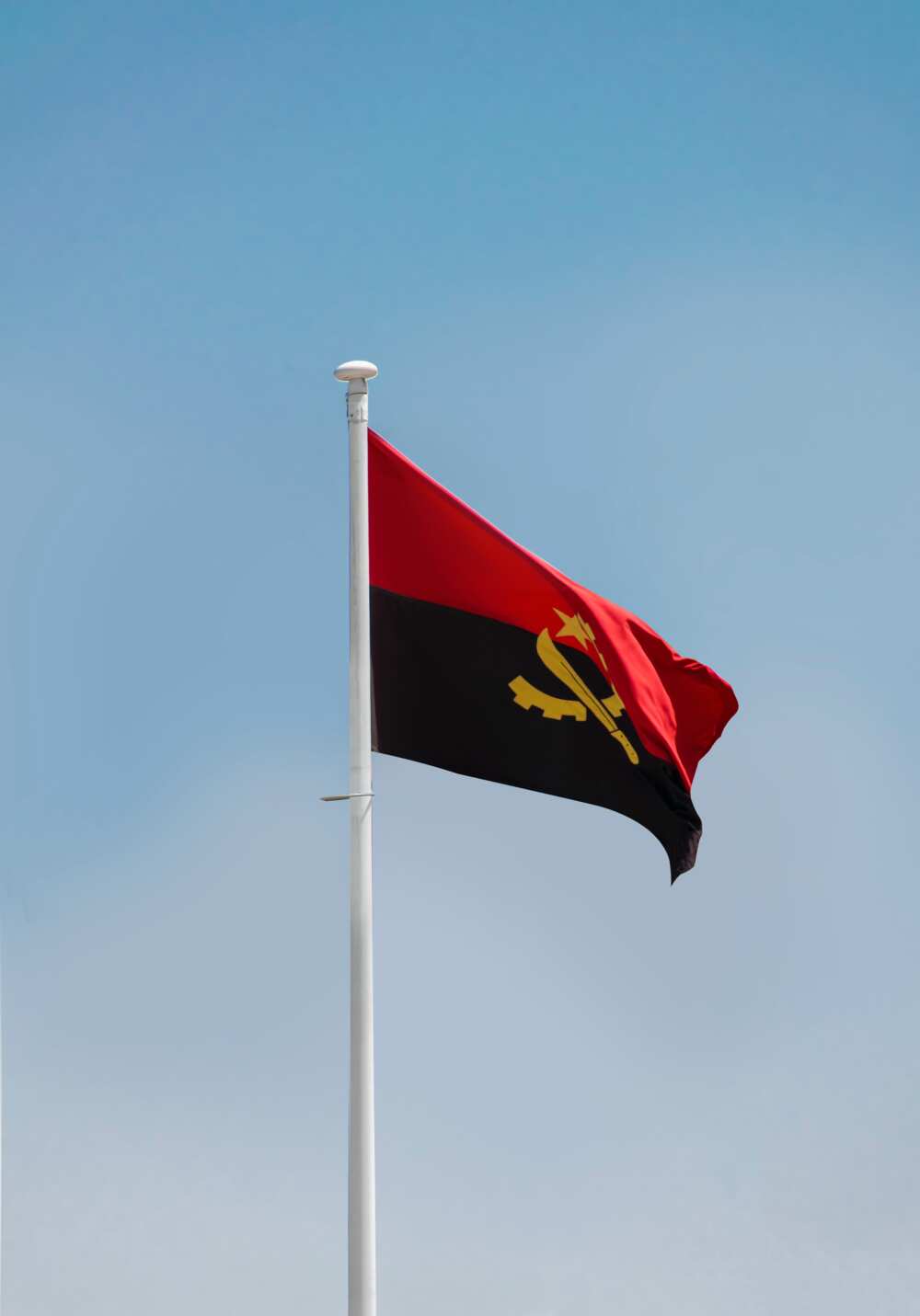
Source: UGC
Angola is Africa's eleventh most prosperous country, with an economy based primarily on producing and selling natural resources such as oil and minerals. Its GDP is $67.4 billion, and its purchasing power parity is $223.97 billion.
Despite a four-decade span of independence and civil wars, economic growth surged between 2002 and 2016, averaging 9% in the four years before 2008. Angola's economy expanded by 11.1% annually on average between 2000 and 2010, leading to an increase in non-oil industries and being recognised as one of the wealthiest nations in Central Africa.
12. Democratic Republic of the Congo (DRC) - GDP $55.35 billion
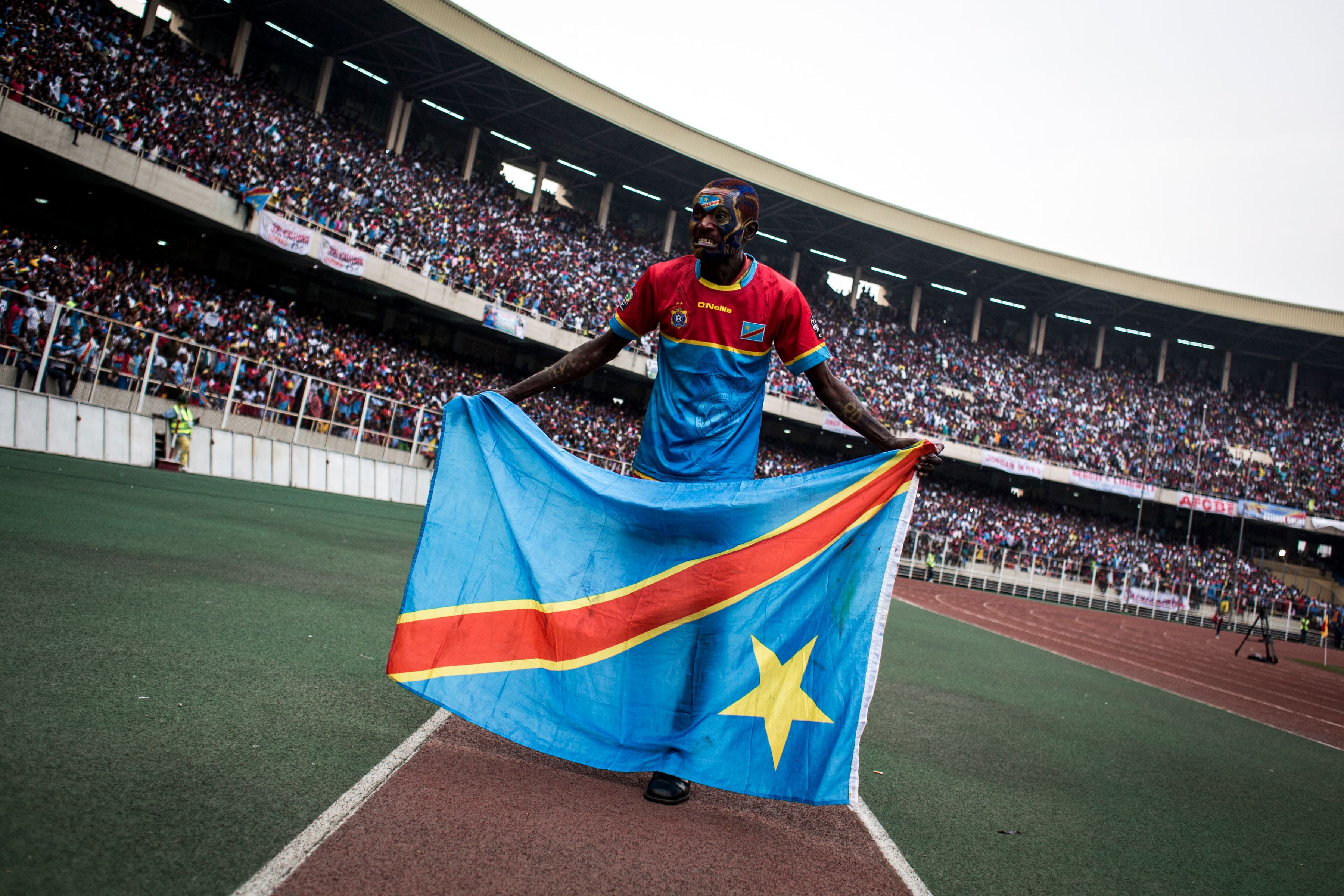
Source: Getty Images
Agriculture is the DRC's staple economy, making up 57.9% of GDP in 1997. Coffee, rubber, cotton, palm oil, tea, sugar, and cocoa are the most important cash crops. Agriculture employed 66% of the working population in 1996. The country's current GDP is $55.35 billion, with a purchasing power parity of $113.11 billion.
The Democratic Republic of the Congo was Africa's second most industrialised country after South Africa at its independence in 1960. It had a flourishing mining sector and a somewhat thriving agriculture sector. Years of corruption, war, and political instability have hampered further development, leaving the DRC with a GDP per capita and an HDI rating that place it among the globe's lowest countries.
13. Tunisia - GDP $46.69 billion
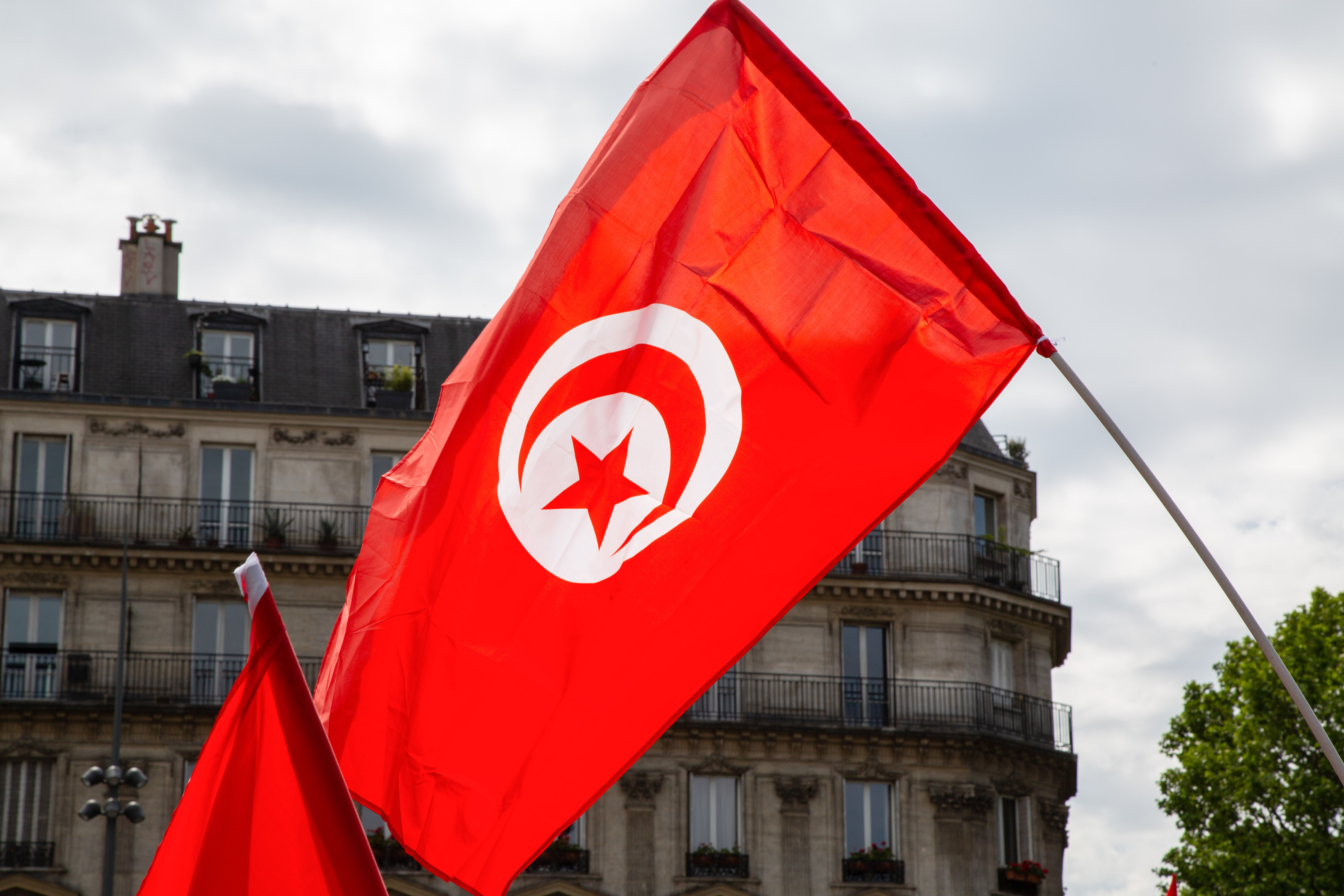
Source: Getty Images
Tunisia's economy is being liberalised following decades of extensive governmental intervention and participation in the country's financial system. Historically, Tunisia's flourishing economy has been based on phosphates, oil, car parts manufacturing, agri-food products, and tourism.
In 1986, the government launched a structural adjustment programme to liberalise pricing, abolish barriers, and reorient Tunisia towards a market economy in response to rising foreign debt and a foreign exchange crisis. The country's GDP is $46.69 billion, with a purchasing power parity of $138.36 billion.
14. Cameroon - GDP $45.34 billion
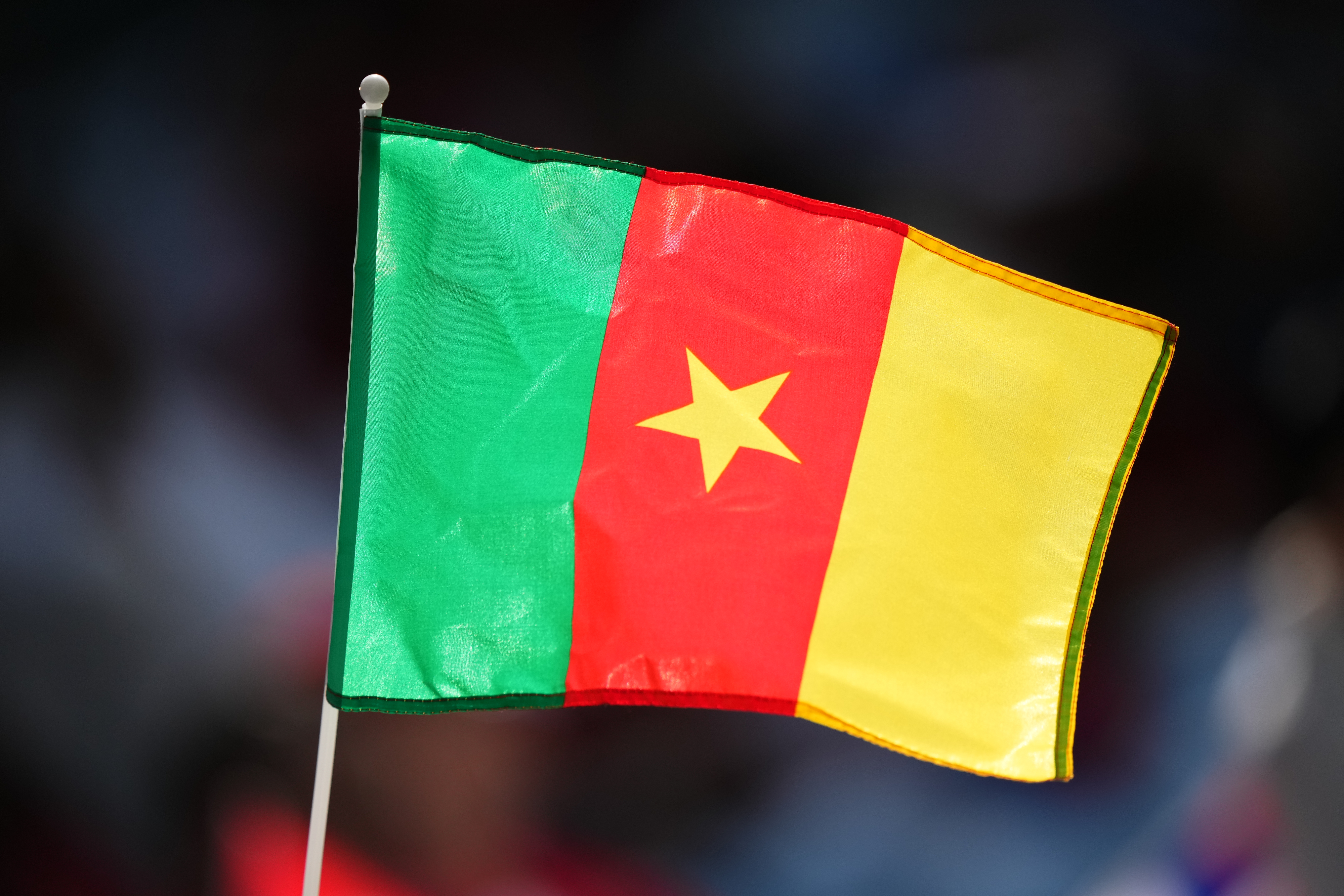
Source: Getty Images
Cameroon's economy was among the most affluent in Africa for a quarter-century after independence. The mid-1980s collapse in commodity prices for its main exports - cocoa, petroleum, cotton and coffee - paired with an overvalued currency and financial mismanagement, resulted in a decade-long crisis. Between 1986 and 1994, real per capita GDP decreased by more than 60%.
The current account and fiscal deficits deepened, increasing the state's foreign debt. Nonetheless, Cameroon has one of the most-endowed essential product economies in Sub-Saharan Africa due to its oil deposits and favourable agricultural circumstances. The country has a GDP of $45.34 billion and a purchasing power parity of $110.57 billion.
15. Libya - GDP $42.82 billion
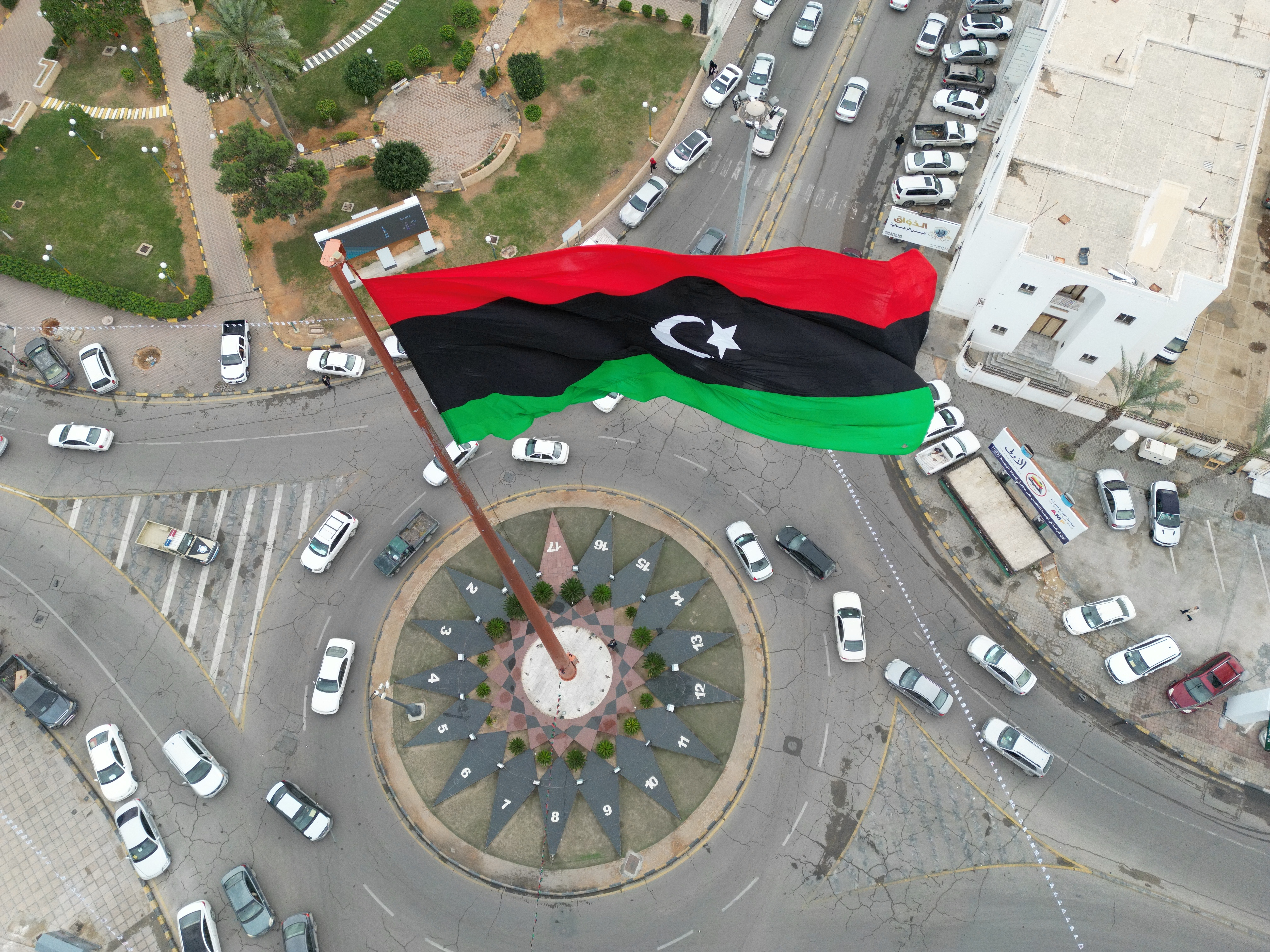
Source: Getty Images
Libya's economy is predominantly based on petroleum profits, which account for more than 95% of its export revenues and 60% of its GDP. Because of its oil wealth and limited population, Libya has one of Africa's greatest nominal per capita GDPs.
Libyan GDP per capita was approximately $40 in the early 1920s, rising to $1,018 by 1967. Per capita GDP increased by 42 per cent in 1947 alone. It has a current GDP of $42.82 billion and a purchasing power parity of $162.53 billion.
16. Uganda - GDP $40.53 billion
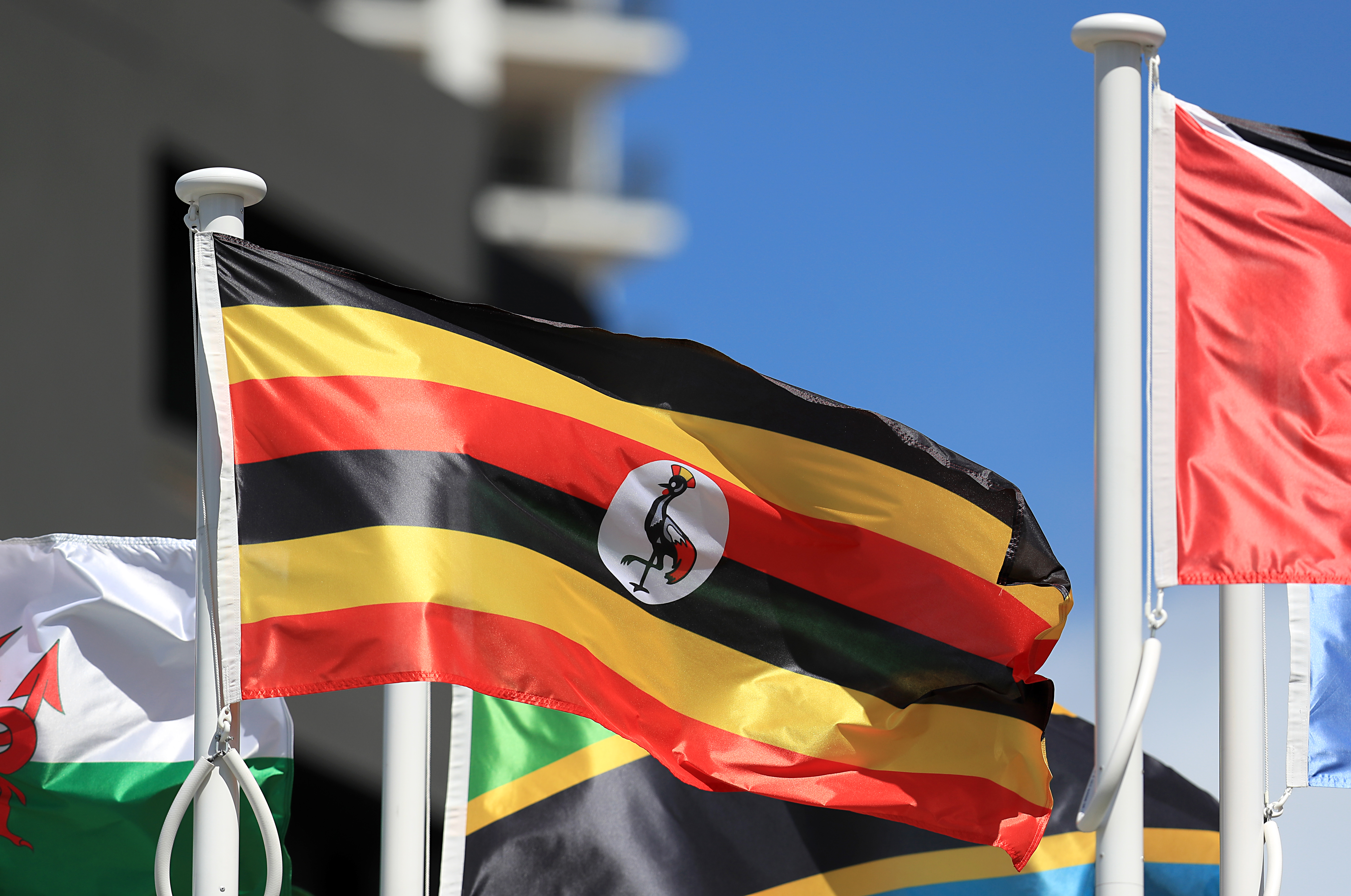
Source: Getty Images
Uganda's economy has enormous potential and is on track for fast growth and development. Uganda has abundant natural resources, such as fertile terrain, consistent rainfall, and mineral deposits.
Since the 1990s, the country's economy has expanded; actual gross domestic product (GDP) increased at a 6.7% annual rate from 1990 to 2015, while real GDP per capita grew at a 3.3% yearly rate. Its GDP is $40.53 billion, and the purchasing power parity is $113.16 billion.
17. Sudan - GDP $34.33 billion
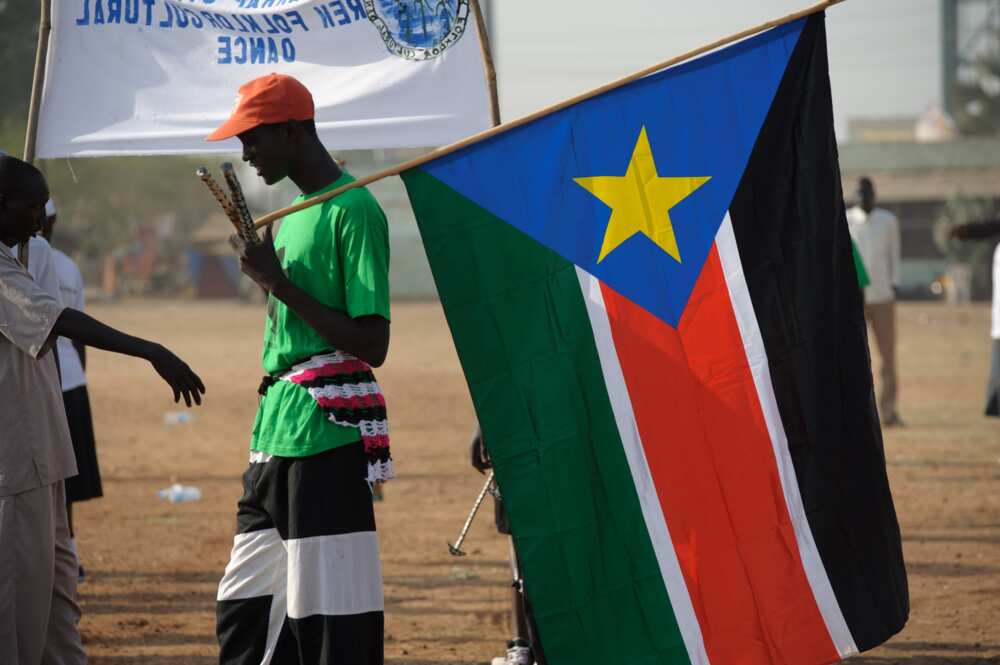
Source: Getty Images
Sudan has had a tremendous increase in its country's GDP since 1999. Although it slightly decreased in 2009 and 2016, it consistently increased. The record shows that since 1960, the present state of the measurement was the country's highest.
Sudan is a country that majored in exporting agricultural products. The country exports cotton, peanuts, and sesame seed, among others. Agricultural output in Sudan is significant since it employs 80% of the labour force and accounts for one-third of the GDP. The country's GDP is $34.33 billion, while its purchasing power parity is $185.64 billion.
18. Zimbabwe - GDP $28.37 billion
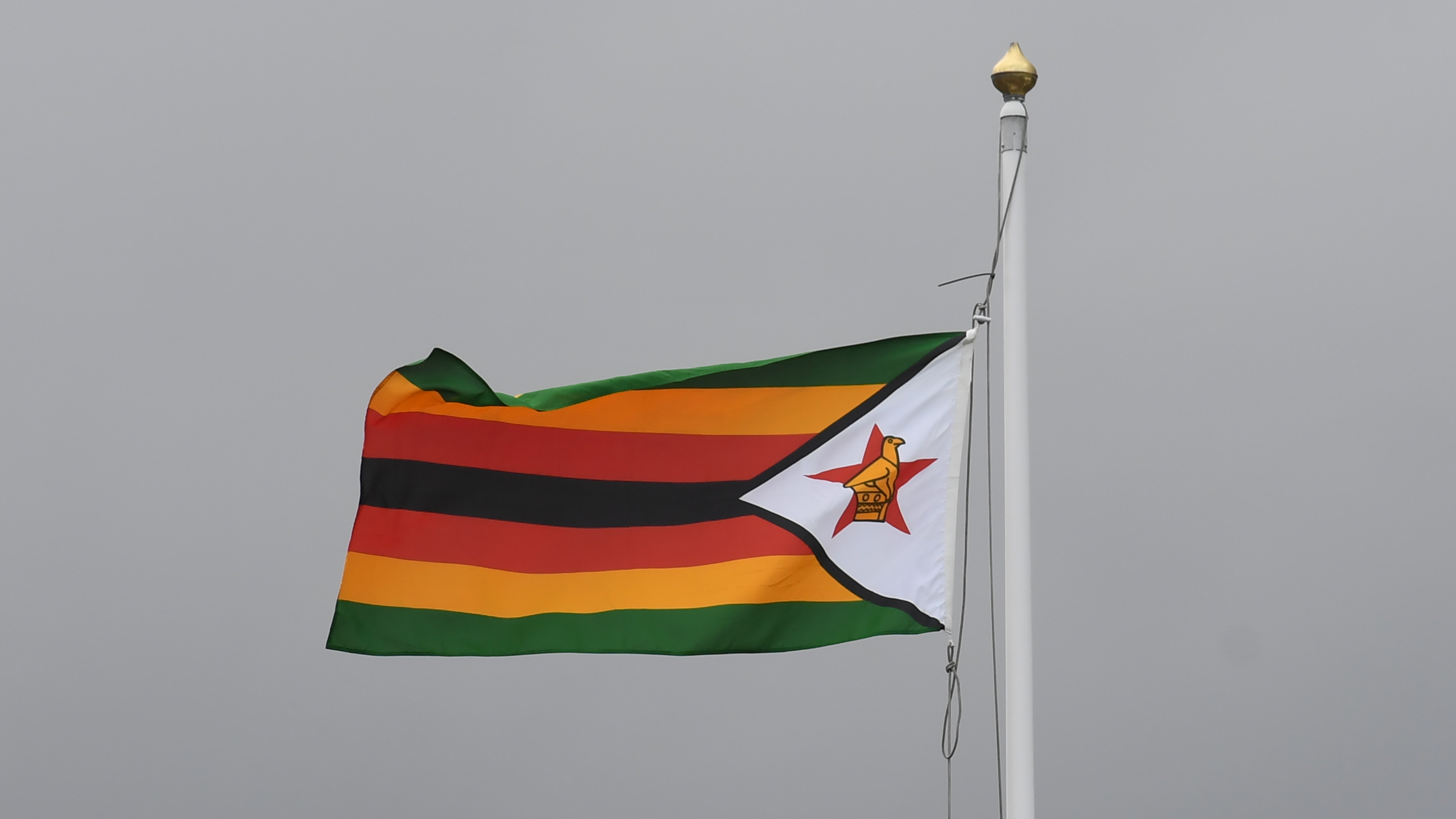
Source: Getty Images
Zimbabwe's economy is mainly based on the tertiary sector, commonly known as the service industry, which accounts for 60% of the country's GDP as of 2017. With a score of 60.6%, Zimbabwe has the globe's second-largest informal economy as a proportion of its entire economy. Its GDP is $28.37 billion, and its purchasing power parity is $37.16 billion.
Zimbabwe exports predominantly agricultural produce. Some of the country's crop includes; coffee, cotton, peanuts, maise, tobacco, wheat and fruits, among others. Aside from fetching from the agricultural richness of the country, Zimbabwe is also involved in certain mining activities such as coal, nickel, platinum, copper and coal, among others.
19. Senegal - GDP $27.63 billion
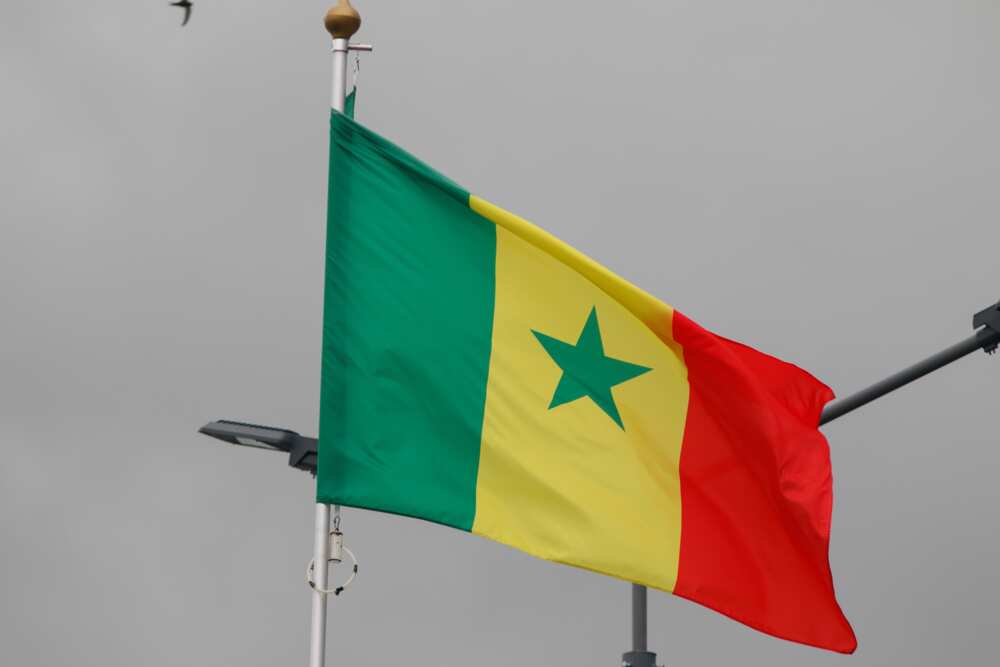
Source: Getty Images
Despite significant natural resources such as zircon, iron, gold, gas, phosphates, and recent oil finds, Senegal's economy is fueled by construction, mining, fishing, tourism, and agriculture, the primary sources of employment in rural areas. Its GDP is $27.63 billion, while its purchasing power parity is $64.81 billion.
Most of Senegal's foreign exchange comes from phosphates, fish, tourism, groundnuts, and services. Senegal's agricultural sector is particularly subject to climatic factors such as fluctuations in rainfall and changing climates, in addition to changes in global commodity prices.
20. Zambia - GDP $22.15 billion

Read also
From UK to Australia: Full list of countries where King Charles III serves as Head of State
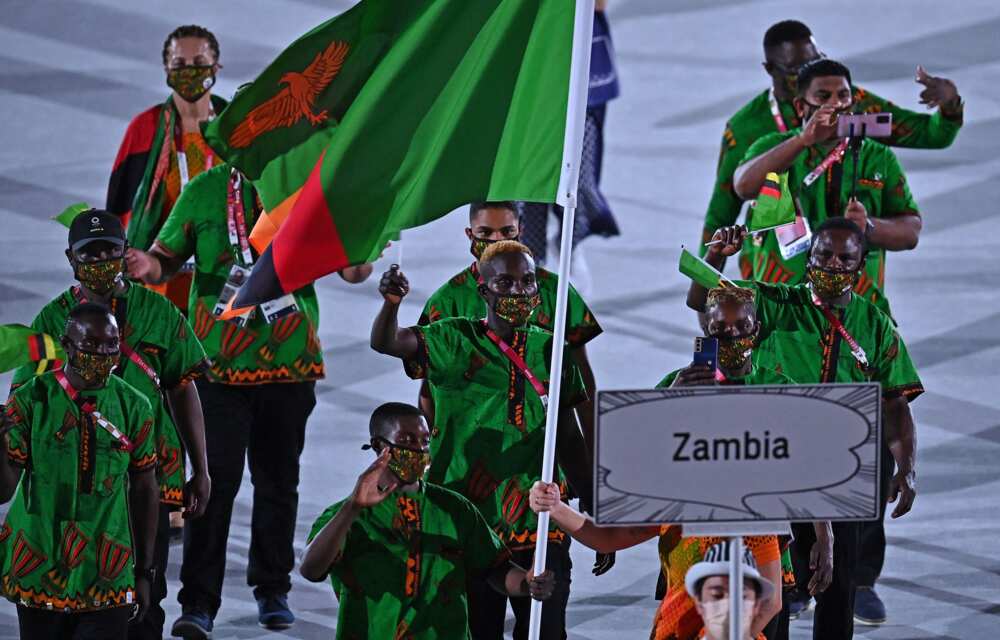
Source: Getty Images
Zambia is a developing country that surpassed the middle-income threshold in 2011. Its economy was one of Africa's most rapidly developing in the twenty-first century's first decade. Zambia's economy has stalled over the past few years due to falling copper prices, large budget deficits, and energy problems.
In 2019, agriculture contributed 2.7% of GDP. In 2000, it employed 85% of all formal and casual workers. Maise or corn is the main cash crop and the primary ailment. The country has a GDP of $22.15 billion.
FAQs
- What are the fastest-growing economies in Africa in 2024? Some of the fastest-growing countries include; Tanzania, Rwanda, Ethiopia and Côte d'Ivoire.
- Which is the poorest country in Africa in 2024? Burundi is the poorest country, followed by Mozambique, Somalia, Madagascar, and Central African Republic.
- Is Kenya a less advanced country? Kenya is a lower-middle-income nation with disparities in the distribution of wealth, poverty levels, and civil rights.
- What is the most advanced country in Africa? Mauritius is Africa's most developed nation, with an HDI of. 802, just above the "very high human development" criterion.
- What rank is Ghana in Africa? It ranks at position eight in Africa with a nominal GDP of $77.59 billion.
- Who are the poorest people in the world? South Asia (Bangladesh, India) and Sub-Saharan Africa (DRC, Nigeria, Ethiopia ) are home to most persons living in extreme poverty.
- Which African country has the best quality of life? Morocco leads the African quality of life ranking for 2024, with an overall rating of 12.7/100 and a GDP per capita of $8,144.
Above are some of the richest countries in Africa ranked according to their gross domestic product (GDP). The countries are arranged based on the World Bank statistics. The data shown here do not account for variances in the cost of living between nations. The findings can fluctuate substantially yearly due to movements in the country's currency exchange rates.
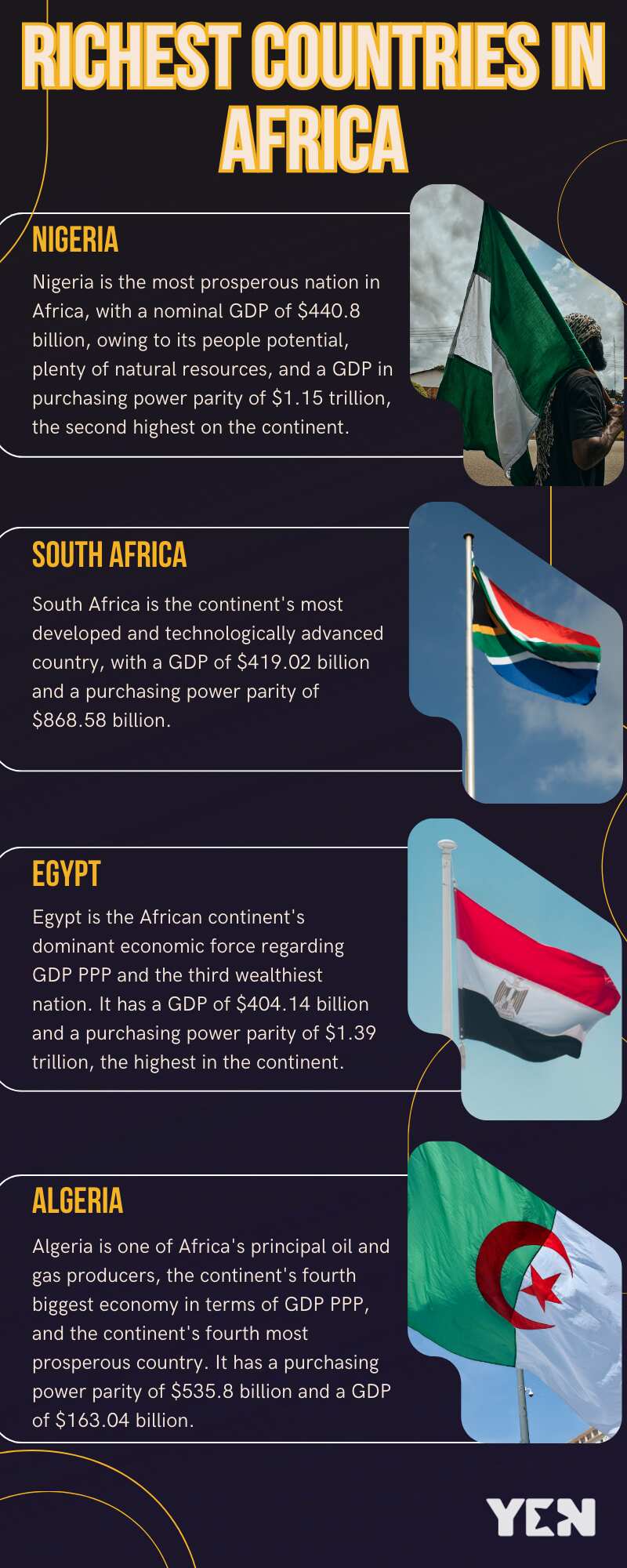
Source: Original
Are you a Ghanaian student and you are looking for easy ways to make money online? Yen.com.gh recently published a list of the 20 most effortless ways. Because of the vast chances available on the internet, there are new, dependable, and quick ways to make money online without interfering with your academics.
Making money as a Ghanaian student has grown more accessible, regardless of gender or academic qualification. It is due to the internet's abundance of online business forums where you can earn money while studying with a laptop or mobile device.
Source: YEN.com.gh



